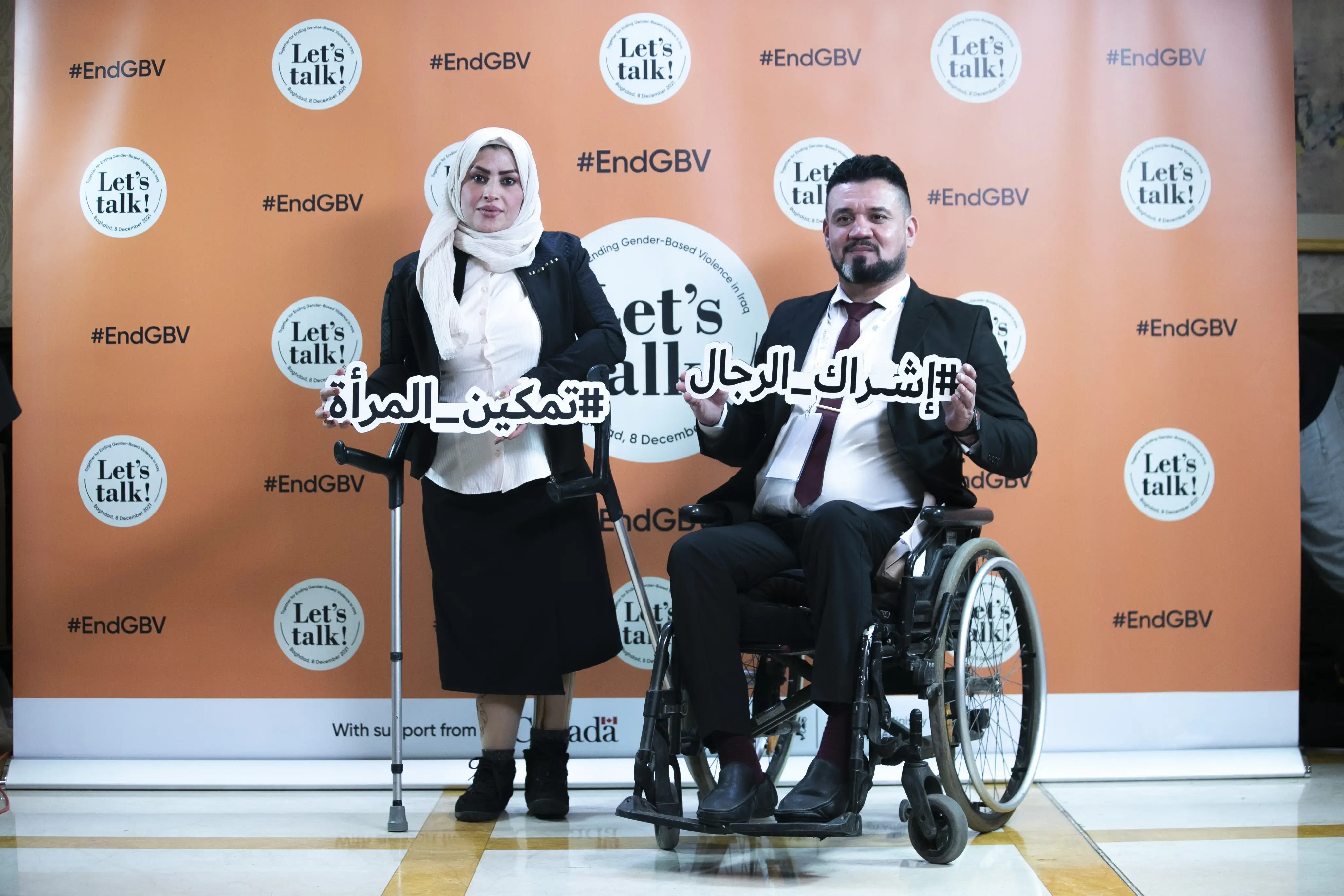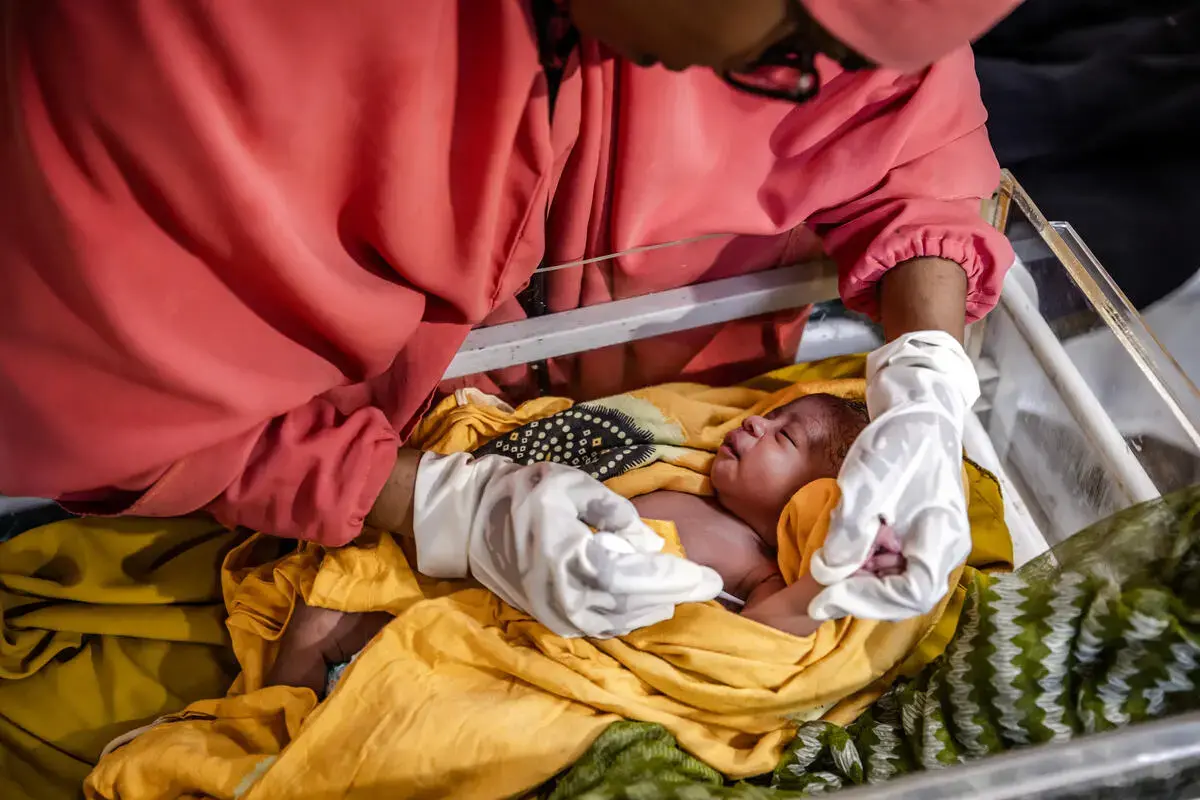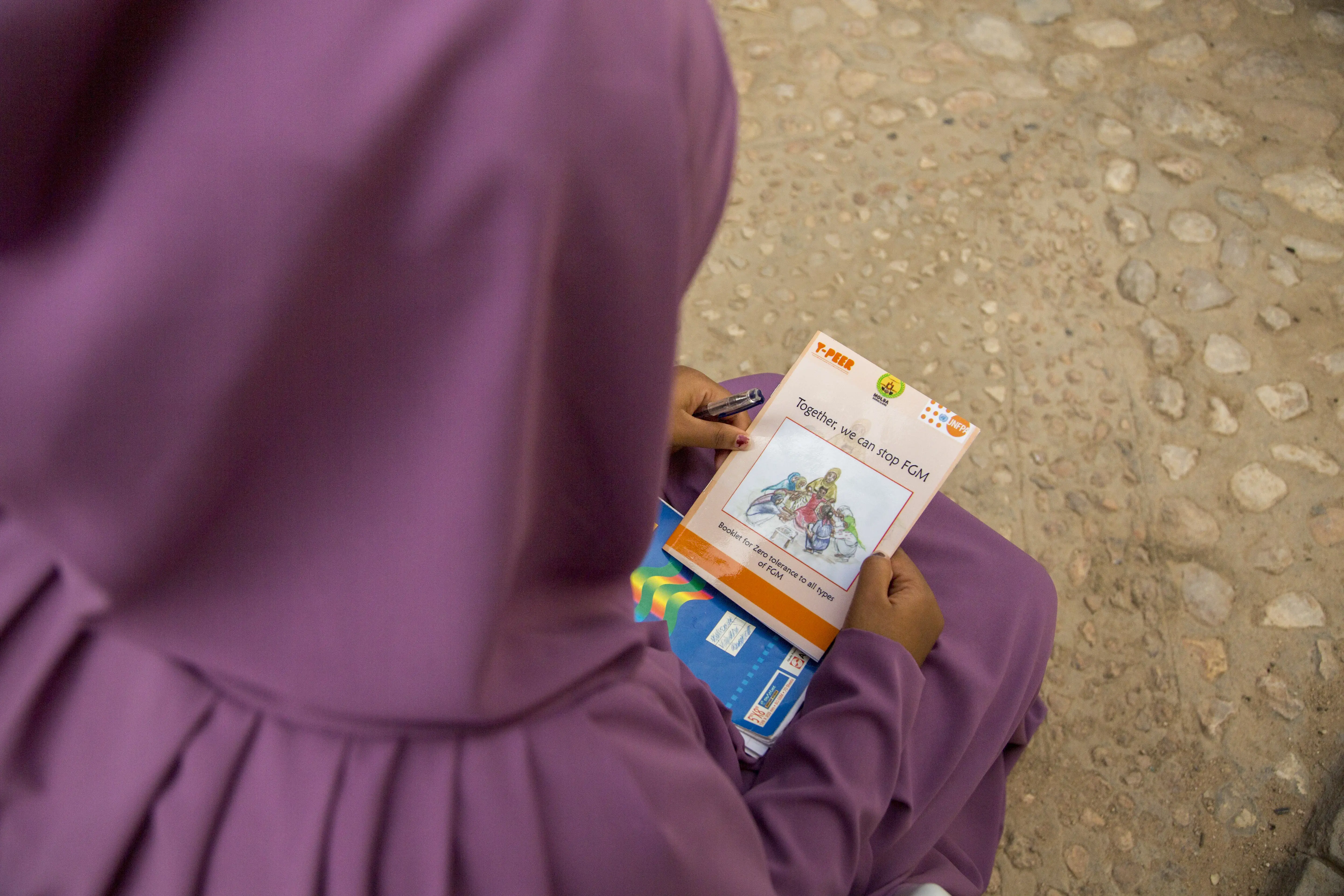Gender equality is a human right.
Women are entitled to live with dignity and freedom from fear. Gender equality is also a precondition for advancing development and reducing poverty: Empowered women contribute to the health and productivity of entire families and communities, improving prospects for the next generation. Still, despite solid evidence demonstrating the centrality of women’s empowerment to realizing human rights, reducing poverty, promoting development and addressing the world’s most urgent challenges, gender equality remains an unfulfilled promise.
Women and girls caught up in complex conflicts and natural disasters also face disproportionate risks of disruptions to family planning, vulnerability to gender-based violence, forced early marriage and maternal mortality.
For decades UNFPA has advocated for women and girls in the Arab region, promoting legal and policy reforms and gender-responsive data collection, as well as supporting initiatives that improve the health of women and girls and expand their choices in life.
Empowering women and girls
Despite progress, women and girls in the Arab region are still much more likely than men to be poor and illiterate. They have less access to property ownership, credit, training and employment. They are far less likely than men to be politically active and far more likely to be subjected to gender-based violence.
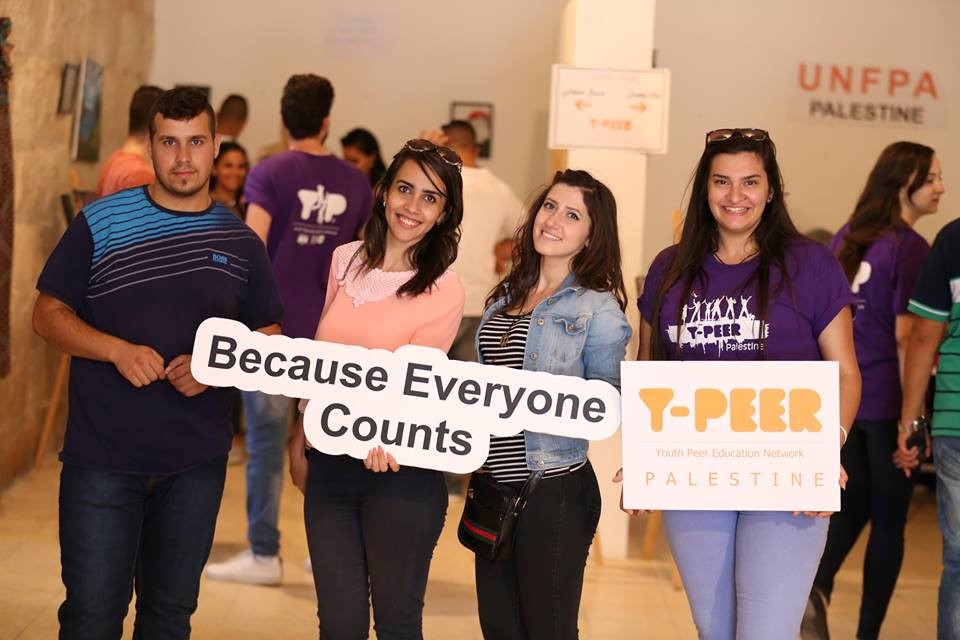
Gender equality will be achieved only when women and men enjoy the same opportunities, rights and obligations in all spheres of life. This means sharing equally in the distribution of power and influence and having equal opportunities for financial independence, education, health access and the fulfillment of ambitions. Gender equality demands the empowerment of women, with a focus on identifying and addressing power imbalances and giving women more autonomy to manage their own lives. When women are empowered, entire families benefit, along with future generations.
Taking action
UNFPA recognizes that decades of work on gender equality have demonstrated how prevalent and inherent discrimination is among societies and systems. Transformation of discriminatory norms and structures can empower women and girls and enable them to claim and exercise their human rights without fear of violence or reprisal. In order for gender equality to be realized and for all women and girls to exercise their rights free from violence, discrimination and harmful practices, change must happen at all levels – from structural to individual.

Women and adolescent girls need greater agency, choice and access in order to have more decision-making and bodily autonomy over their sexual and reproductive health and rights. When women and adolescent girls live free of discrimination and violence and have the capacity to take action and pursue their goals, they are exercising their agency. When they have the power to exercise choice, they can chart their own decisions about their lives and bodies. When they have access to acceptable, accessible, available and quality services, they survive and thrive. UNFPA will support these efforts through identifying pathways of change to gender equality that will enhance and accelerate agency, choice and access. UNFPA also identifies Gender Transformative Approaches and a Human Rights Based Approach as the basis of all of its programmes and as an accelerator of its Strategic Plan.
Key issues
Experience has shown that addressing gender equality and women’s empowerment requires strategic interventions at all levels of programming and policy making. Key issues include:
Reproductive health: Women’s ability to control their own fertility is fundamental to their empowerment and equality. When a woman can plan her family, she can plan the rest of her life. Protecting and promoting her reproductive rights – including the right to decide the number, timing and spacing of her children – is essential to ensuring her freedom to participate more fully and equally in society.
Every two minutes, a woman dies during pregnancy or childbirth. Failure to provide information, services and conditions to help women protect their reproductive health constitutes gender-based discrimination and is a violation of women’s rights to health and life.
Addressing social and gender norms: Adopting a gender transformative approach to UNFPA programming means challenging gender inequality by transforming harmful gender norms, roles and relations, while working to redistribute resources more equally. On the 15-year anniversary of the International Men and Gender Equality Survey, UNFPA and Equimondo published the largest ever global study on men, masculinities and gender equality, with the goal of building an understanding of men’s and women’s practices and attitudes related to gender equality. The study is expected to inform, drive and monitor efforts to promote gender equality, particularly at the government policy level.
Economic Empowerment: Global economic systems still do not recognize the links between economic development and women’s bodily autonomy, ambition, time and contribution. Women’s participation in the formal economy is limited; they often have less pay than men, and their care work is undervalued. There is no country in the world where men’s contributions to unpaid care work or reproductive labour are equal to those of women. The Arab region has the world’s lowest rate of women’s economic participation, at just 26 percent, while the global average is well over half. According to the World Bank, closing gender gaps in employment could raise GDP per capita by an average of 20 percent.
Educational empowerment: About two thirds of the world’s illiterate adults are women. Lack of education severely restricts a woman’s access to information and opportunities. Conversely, increasing education for women and girls benefits individuals and future generations alike. Higher levels of education for women are strongly associated with lower infant mortality rates and better outcomes for their children.
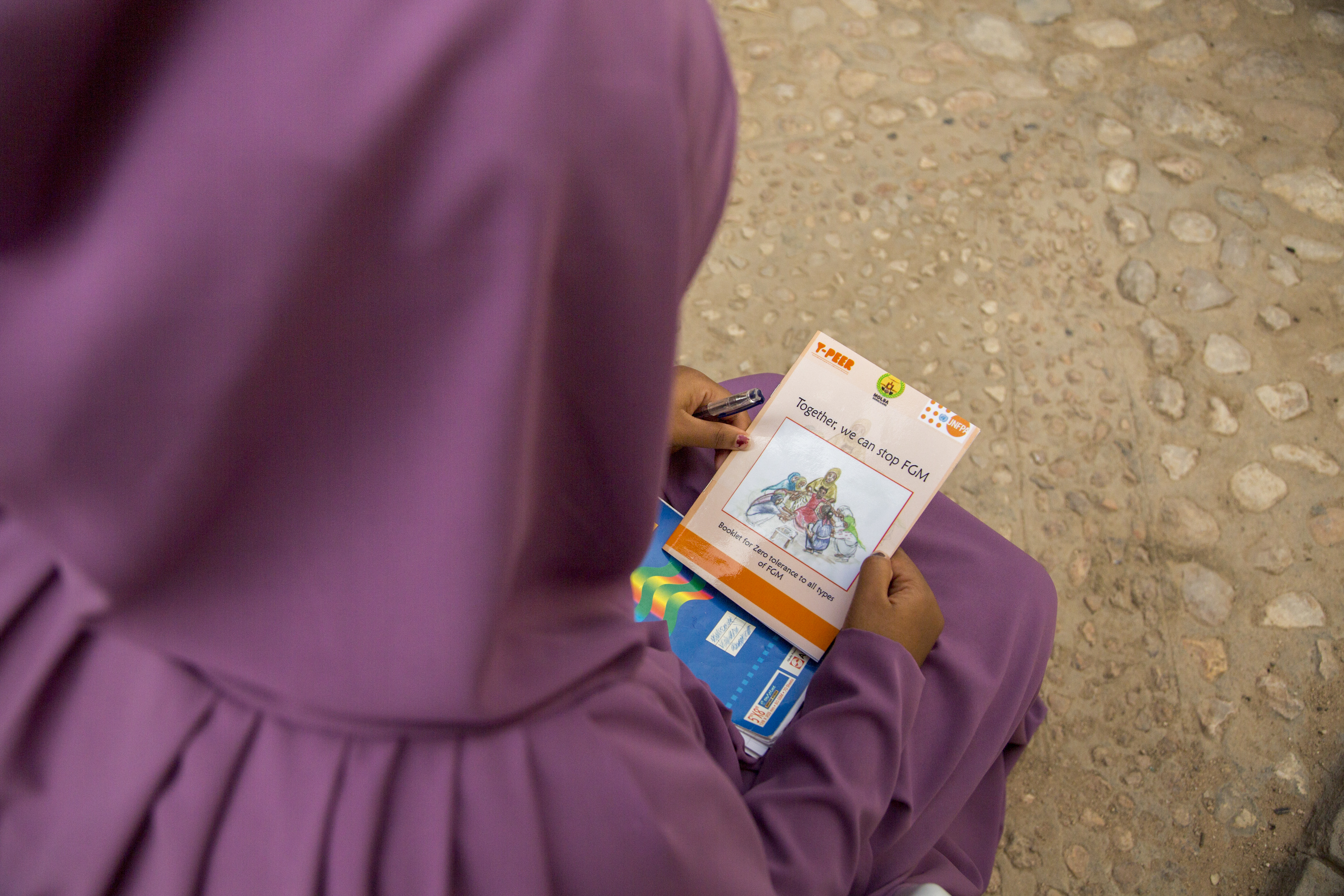
Political empowerment: Gender equality cannot be achieved without the backing and enforcement of institutions. However, too many social and legal institutions still do not guarantee women equality in basic legal and human rights, in access to or control of resources, in employment or earnings, or in social or political participation. Men continue to occupy most positions of political and legal authority – globally, only around 26 percent of parliamentarians are women and the percentage is even less in the Arab region.
Updated 4 July 2024

